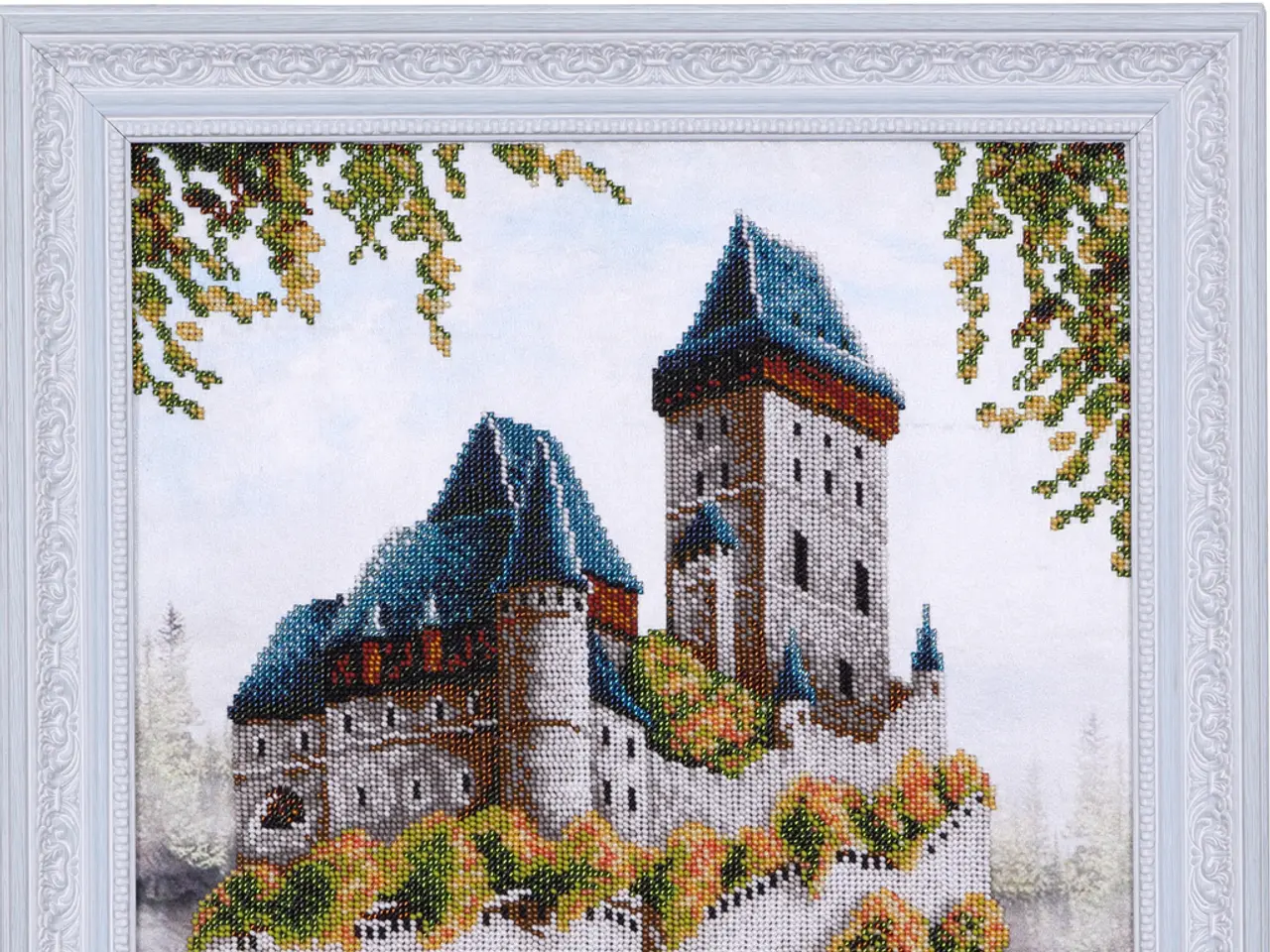Banking Institutions Potentially Cut Back on Mortgage Lending, According to Svetlana Lesnikova
In the heart of Russia's Southern Federal District, Krasnodar is experiencing a dynamic shift in its real estate market. The city, known for its favourable climate, developed infrastructure, and relatively affordable housing compared to Moscow and St. Petersburg, is attracting residents from other regions [1]. However, the market is currently grappling with a mix of positive trends and challenges.
Steep Drop in New Home Sales
Krasnodar saw the steepest drop in new-build home sales in Russia in the first half of 2025, with a 46% year-on-year fall. This decline was more pronounced than in Moscow (14% decline) or St. Petersburg (also 14% decline) [1].
End of the Mortgage Subsidy Program
The closure in July 2024 of Russia’s flagship state mortgage program, which provided 8% loans, heavily impacted demand and mortgage issuance nationwide, including Krasnodar. Mortgage issuance fell 66% year-on-year in June 2025, suppressing buyer activity [1].
Short-term Sales Rebound
Despite the earlier slump, Krasnodar recorded a strong 25.4% month-on-month increase in new apartment sales in June 2025. However, experts warn this uptick may be temporary, driven by seasonal buying patterns, discounts, and installment offers rather than sustained market recovery [3].
Growth in Construction and Development
The Krasnodar region is also seeing growth in related sectors like IT, with a 20% increase in IT companies since 2022, possibly bolstering economic prospects and demand for housing indirectly [4].
Shift Towards Private Housing
Russia overall has seen growth in individual housing construction, reflecting a consumer shift partly spurred by lifestyle changes post-pandemic. Krasnodar may share this trend, given the general regional growth in suburban and individual housing markets supported by new credit products [5].
Challenges in the IZHS Segment
The Individual Housing Construction (IZHS) segment is facing challenges due to changes in legislation, infrastructure requirements, and financing issues [6]. Not all lots have network water supply and central sewage, which hinders buyers from purchasing the property.
Primary Market's Wait-and-See Attitude
The primary market is experiencing a wait-and-see attitude from developers, as the deadline for a subsidy provided by the Russian Ministry of Finance for banks working on family mortgage programs has expired [7]. The administration of the cottage settlement must issue a certificate that the house fully meets the criteria of the Social Fund, which lengthens the loan approval time.
Resurgence in the Secondary Market
The secondary real estate market has seen a resurgence, with 80% of buyers being former depositors who are purchasing affordable real estate on the secondary market for cash [2]. Financial institutions have reduced mortgage rates to 19% for secondary market objects and offered programs with initial mortgage rates as low as 15% for the first 13 months, fueling this demand [2].
Long-term Trend in Construction
Construction in Krasnodar is a long-term trend based on the fundamental advantages of the region and the growing interest of Russians in quality of life in a favourable climate [8]. Developers are raising prices on their objects due to their ability to obtain a certificate of compliance with infrastructure requirements, while some may offer discounts on new builds in response to the expiration of the subsidy and potential changes in state programs.
In conclusion, Krasnodar’s real estate market is still affected by longer-term negative impacts from the mortgage subsidy termination and high borrowing costs, resulting in sharply reduced sales early in 2025. The recent sales surge seen in June may represent seasonal or promotional activity rather than a fundamental recovery. Ongoing economic factors, government policy on mortgages, and regional development dynamics will continue to strongly influence market trends there. Investors are focusing on small towns and coastal areas for real estate investments, and the state is not interested in developers going bankrupt and will do everything possible to prevent that in the residential real estate market. The Southern Federal District demonstrates stable economic growth, making local real estate an attractive investment object.
- The steep drop in new-build home sales in Krasnodar and the nationwide decline in mortgage issuance, following the closure of Russia’s mortgage subsidy program, has placed a significant challenge for investors in the Krasnodar real-estate business.
- Despite the current uncertainties in the primary Krasnodar real-estate market, there's a resurgence in the secondary market, driven by affordable properties, financial institution's reduced mortgage rates, and the growing preference for quality life in favorable climates, indicating potential opportunities for investors in the finance and real-estate businesses.




